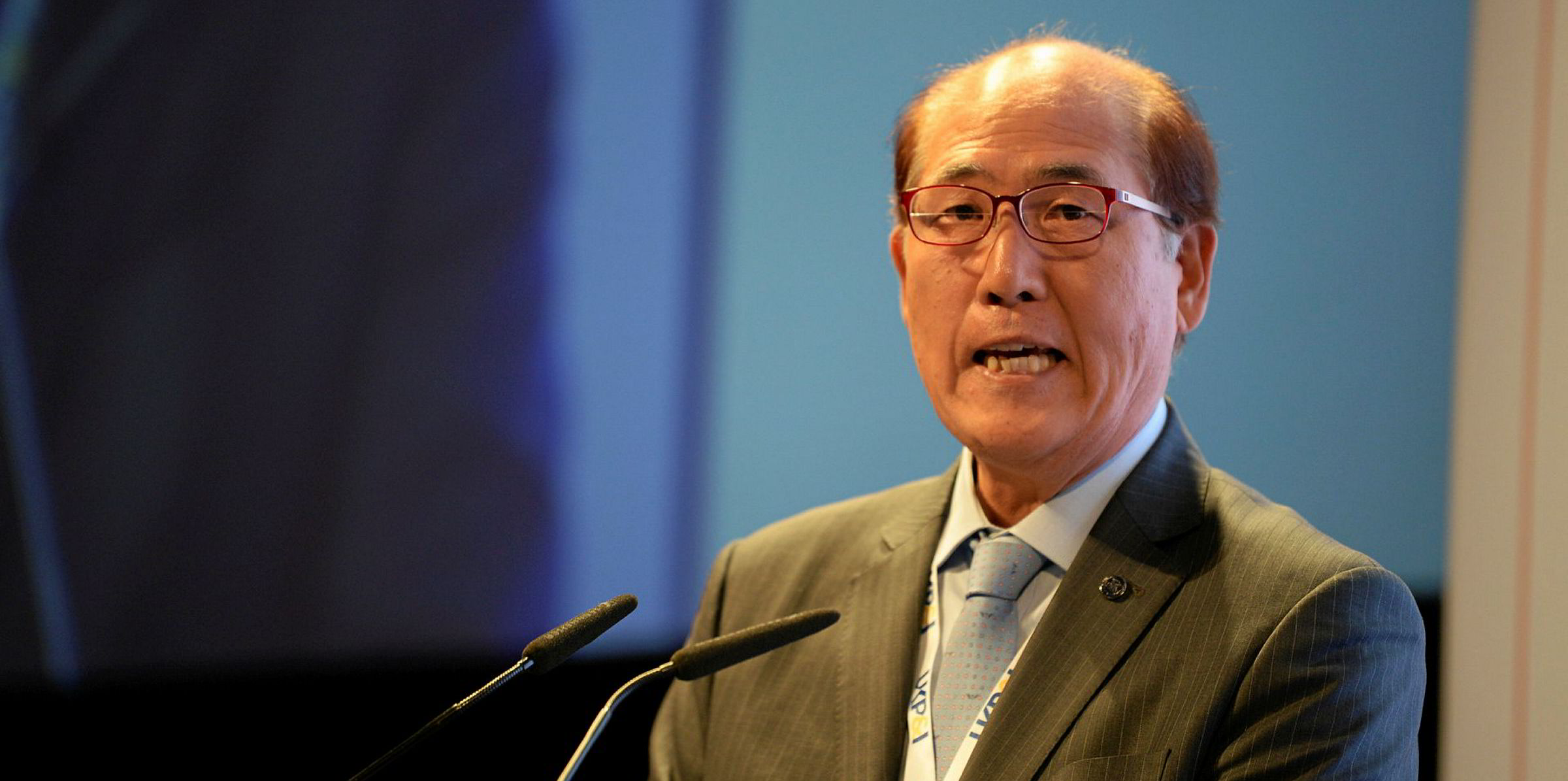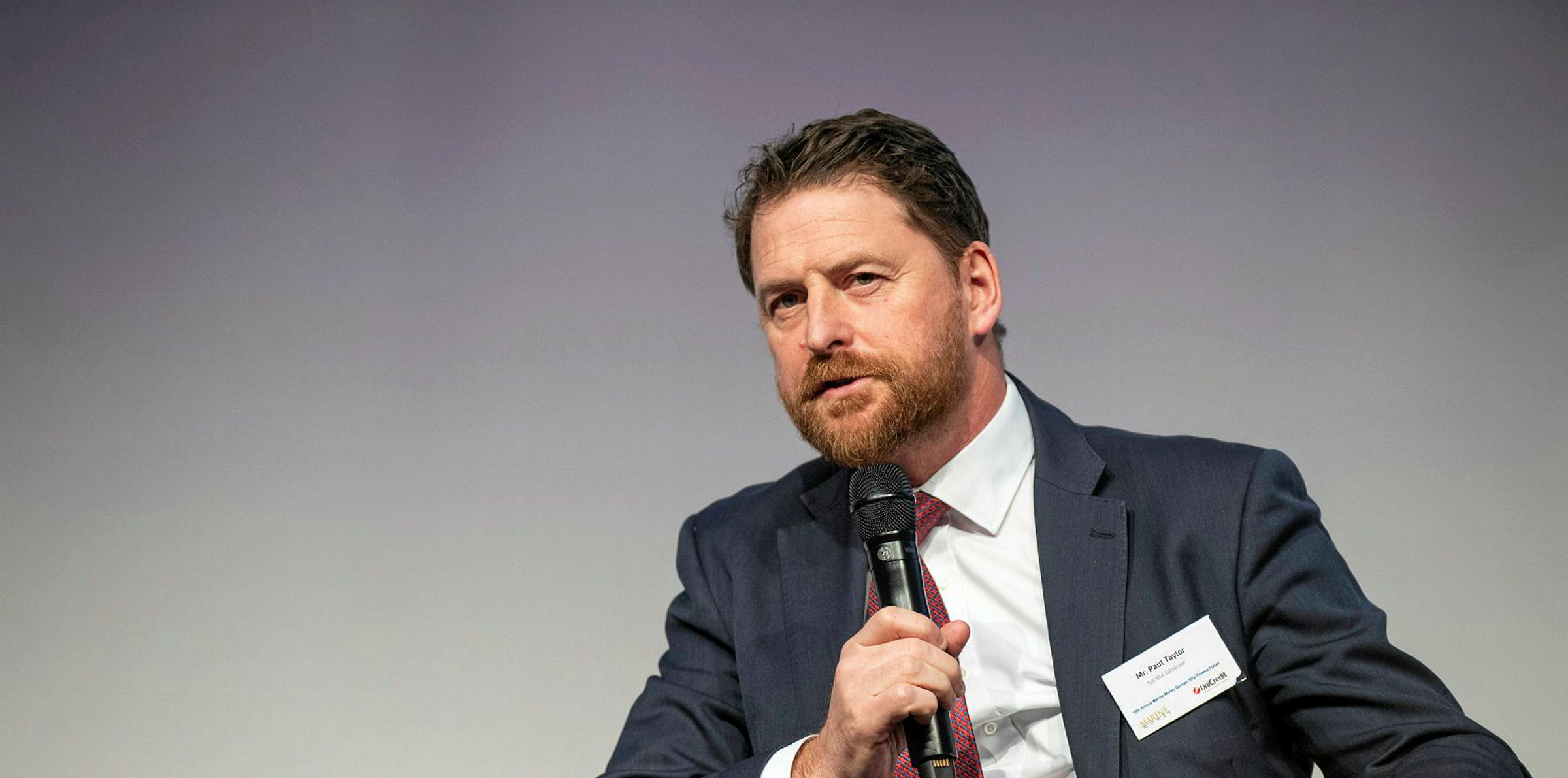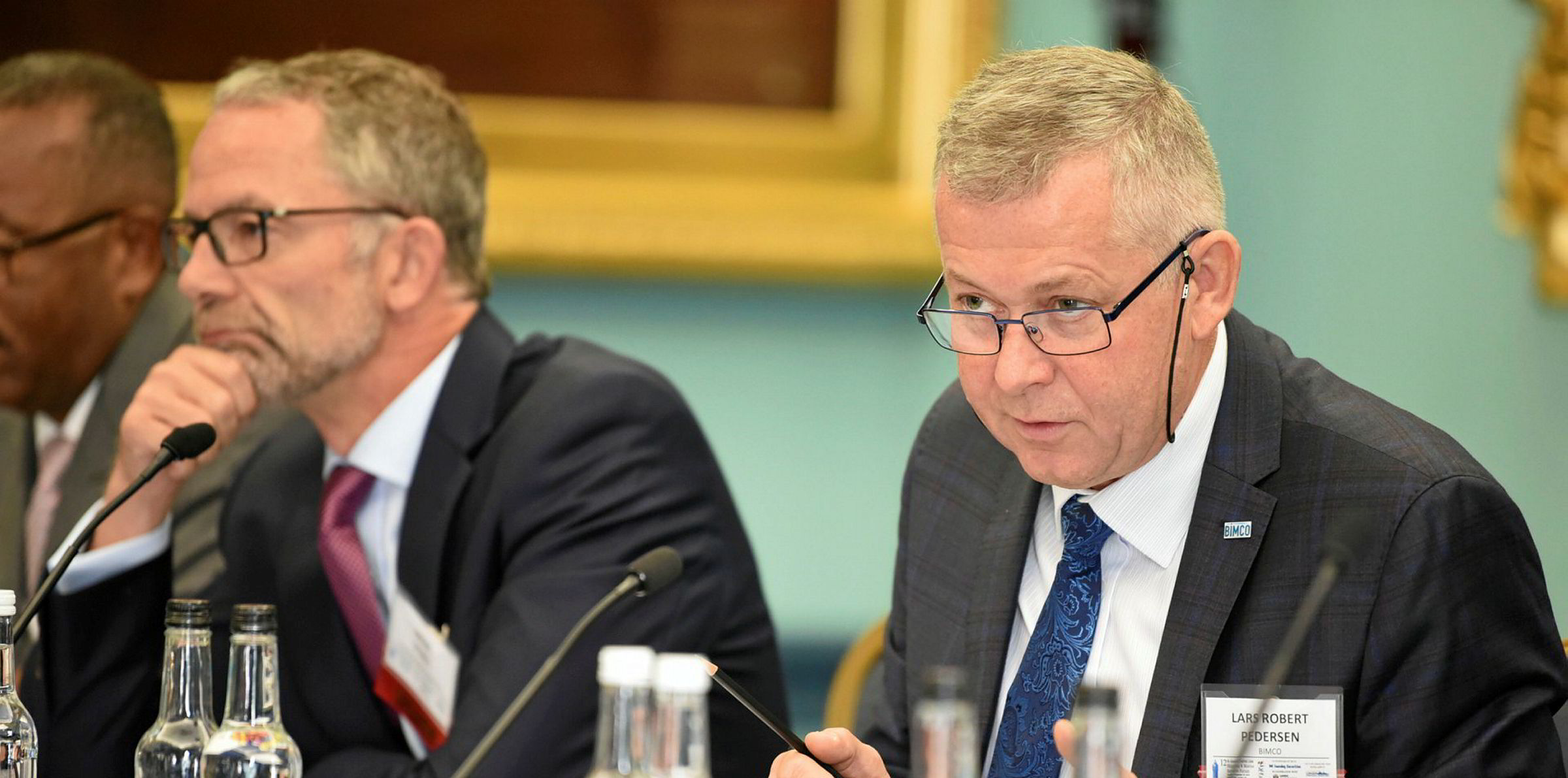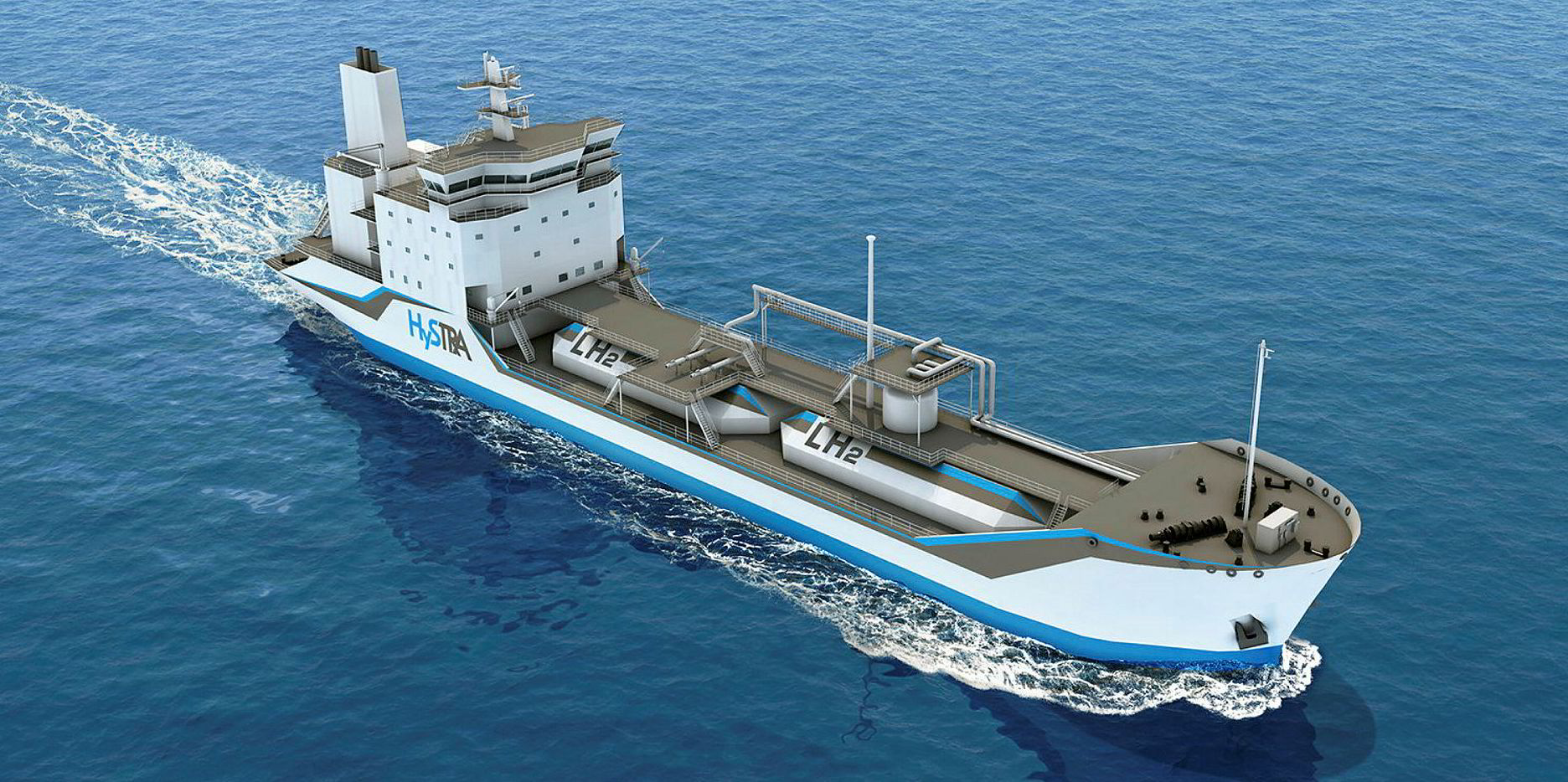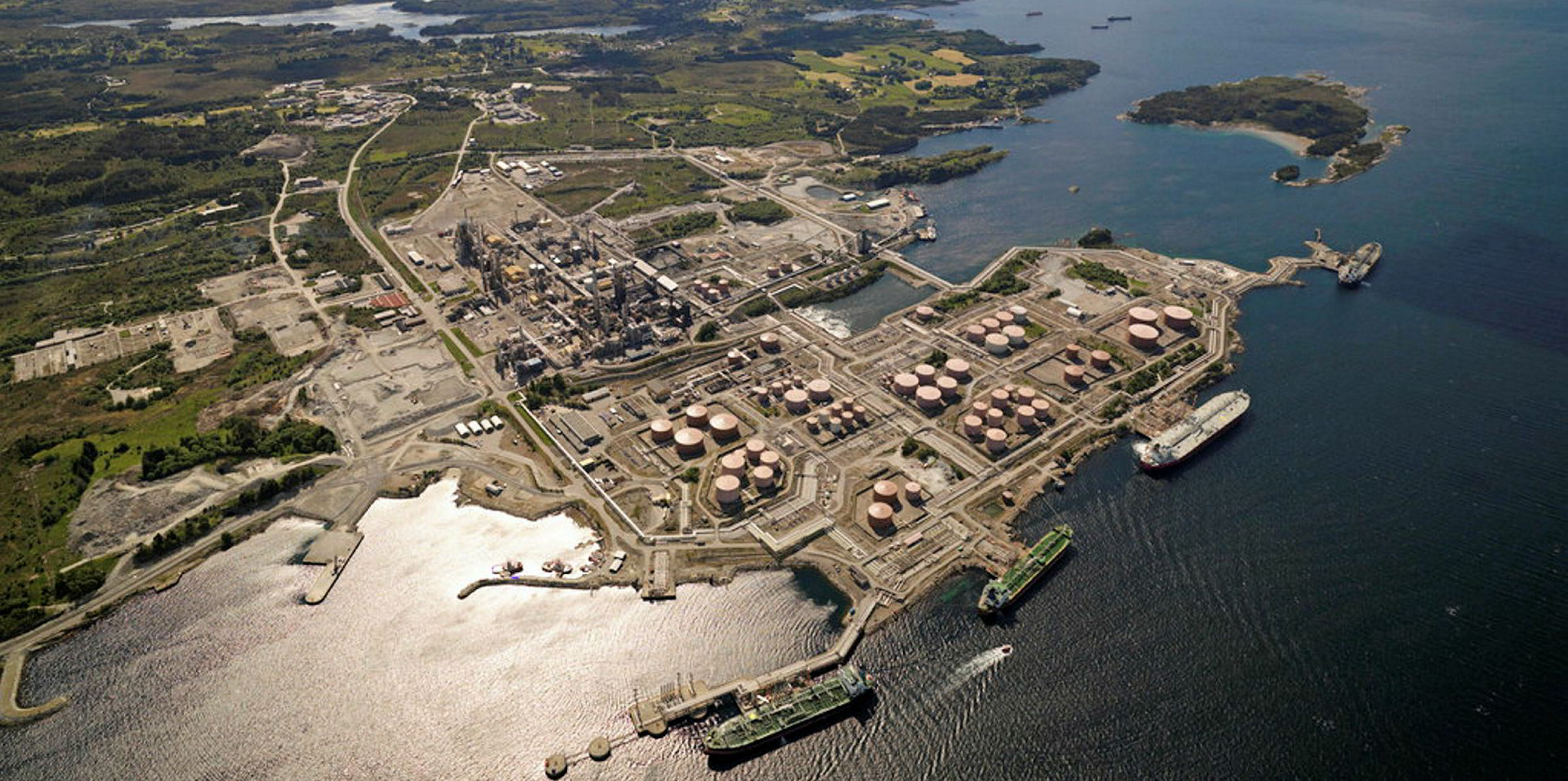The International Maritime Organization claims to have taken “a major step forward” but may yet have written itself out of carbon-rule making.
The landmark agreement on tackling greenhouse gases that it had hoped to oversee instead turned into a hopeless compromise.
National and regional carbon-making rules are the inevitable consequence of this tepid tie-up — starting with a market-based cap and trade scheme in the European Union.
The seventh session of the IMO’s Intersessional Working Group on Reduction of GHG Emissions from Ships (ISWG-GHG 7), which closed on 23 October, did take some significant steps forward.
These are rules for the existing fleet and not just for new vessels as enshrined in previous agreements.
The meeting developed a mandatory carbon efficiency ship rating system and a compliance system that in theory could make it hard for rule breakers to trade.
You will be out of compliance for instance if your vessel is given a “D” rating for three consecutive years or an “E” rating outright.
But like other IMO regulations it will be left to national member states to police and sanction — should they be determined to do so.
The proposals are certainly a diluted version of the ones that originally came to the meeting. Certainly there are potential loopholes in the definition of “non-compliance”.
The IMO says that the deal puts shipping on course to meet its commitments to reduce carbon intensity by 40% come 2030.
No guarantees
But it still does not guarantee that the overall greenhouse gas emitted by the world fleet will be lower in 2030 than today, as I read them.
That puts it completely at odds with the wider aims and objectives of the United Nation's Paris climate change agreement and the work being done elsewhere.
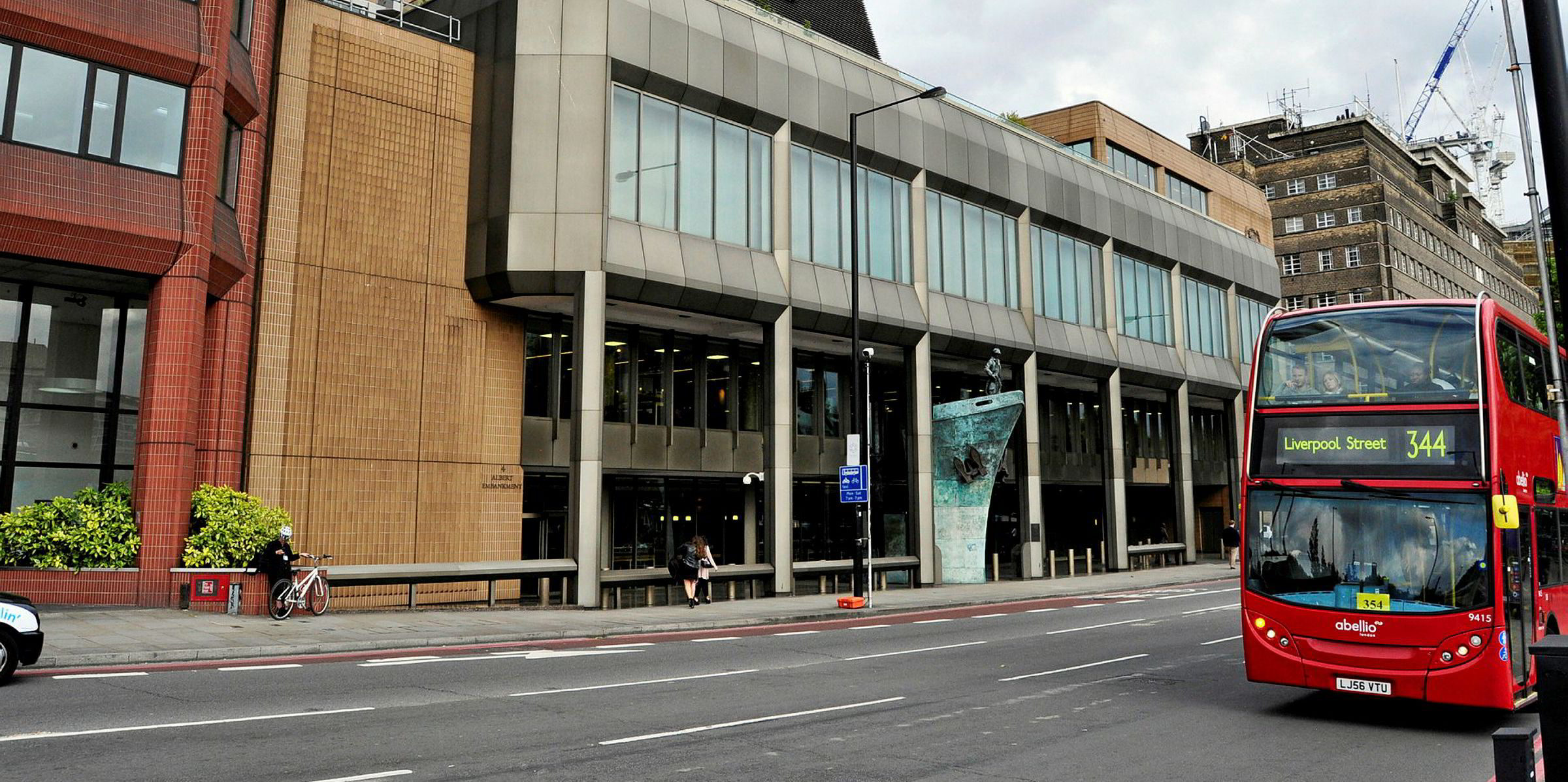
The package of measures known as J/5 has been welcomed by organisations such as the International Chamber of Shipping (ICS) as a good move "to completely decarbonise" the industry.
In theory, the proposals could still be rejected by the IMO’s Marine Environment Protection Committee (MEPC 75), which must provide the final endorsement of any plan, when it meets in a remote session starting 16 November.
But this won’t happen. To plough ahead with the current deal is the easier course of action for the IMO.
Meanwhile. the real action will be focused locally starting with the EU’s planned maritime Emissions Trading System (ETS).
If Joe Biden wins the US presidential elections held on 4 November, there is a reasonable chance that the US will develop its own ETS also.
There are already talks in the Democratically-controlled Congress about this and where the US goes, Canada follows.
China has already introduced a prototype ETS for power plants and demands emissions data from ships calling at its ports.
So the arguments used by the ICS, Bimco and other shipping organisations that there could be regional trade disputes unless politicians line up behind the IMO and a global deal could be true.
But some individual shipowners already accept that an EU ETS is coming and should just be embraced and shaped rather than fought against.
Maersk Tankers and Torvald Klaveness have both openly argued for that position. And I am told the European Community Shipowners' Associations (ECSA), while publicly maintaining its opposition to the EU ETS, is already talking privately with Brussels bureaucrats about how the scheme can be implemented in the least disruptive way.
Unravelling
The idea of meaningful global carbon regulation is unravelling, and while shipping opponents argue that the EU ETS is just a money generating machine for Brussels, that does not take on board the public pressure for change.
With Siberia in flames, the Arctic melting, and US hurricanes increasing, there is no question in most minds that action must be taken to reduce man-made warming however difficult that may be for some industrial sectors.
The IMO has always been the most unwieldy vehicle that has tended to move at the pace of the slowest ship in the convoy.
The UN body has managed to get away with that on general safety at sea issues but it is being found out over CO2 pollution.
The J/5 package does have a safety clause that allows the whole arrangement to be formally reappraised in 2026 but that is surely too little too late.
Prudent shipowners will press ahead with their own plans to decarbonise and be relevant for tomorrow. The IMO is now a sideshow.
